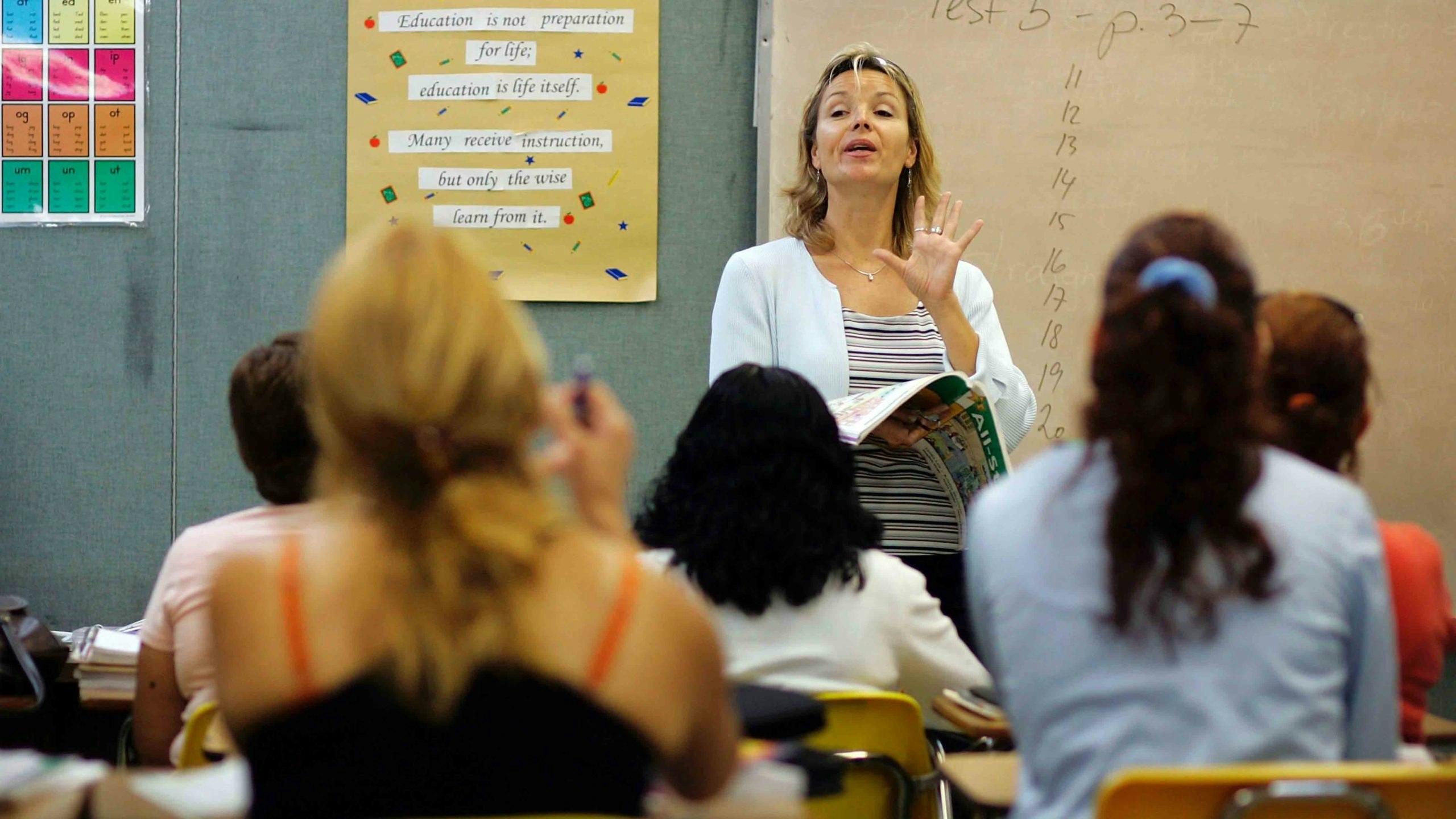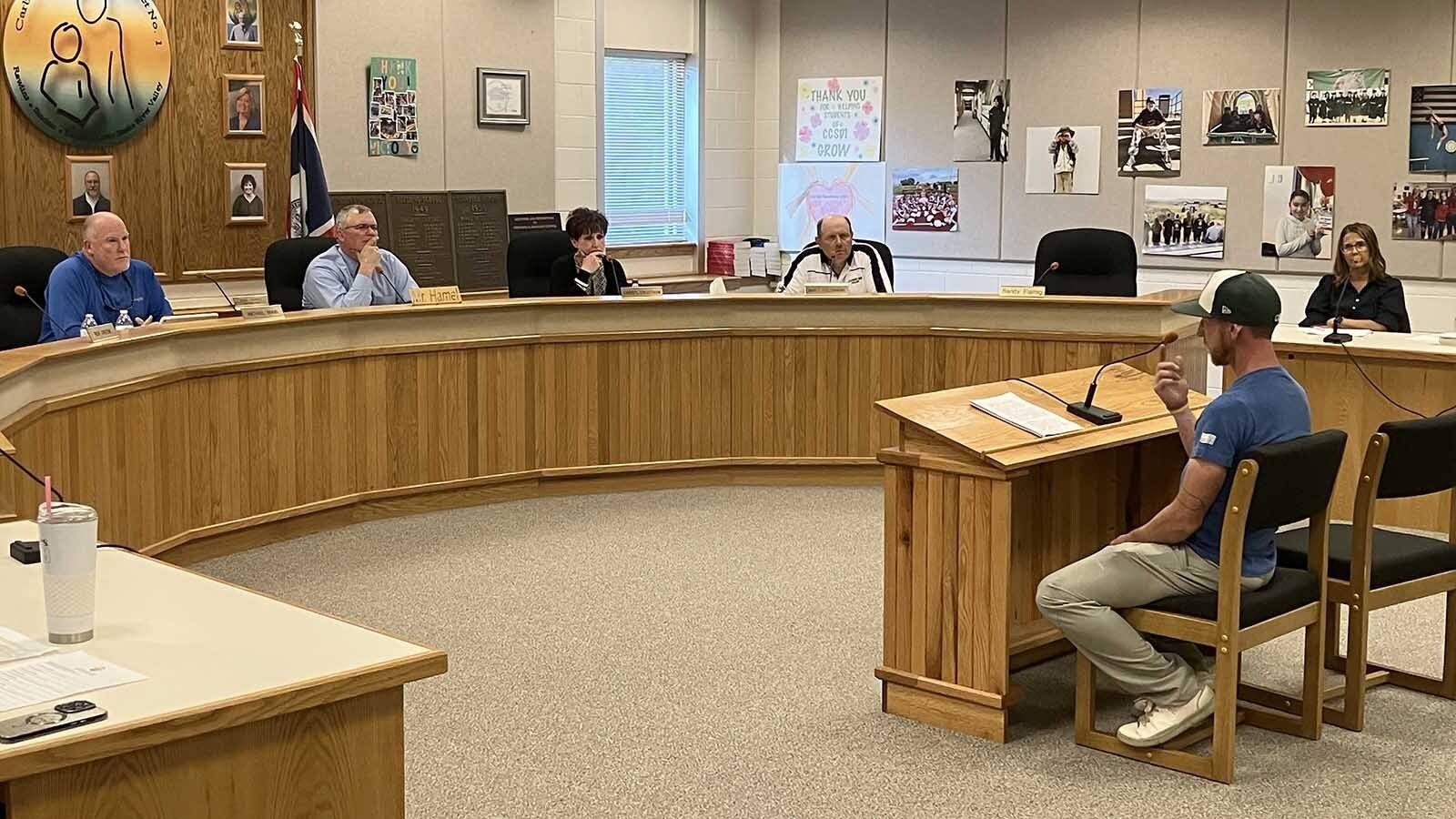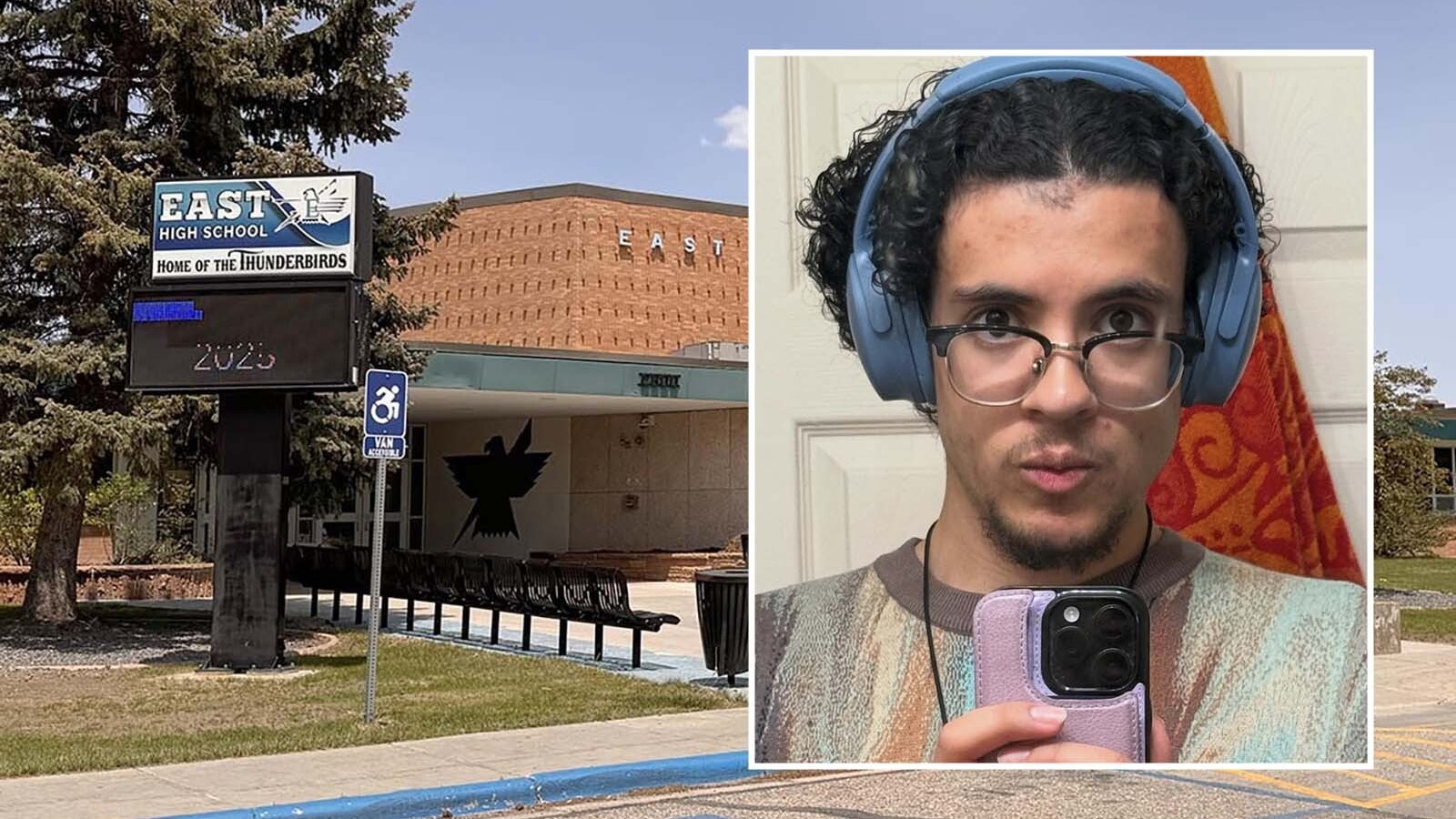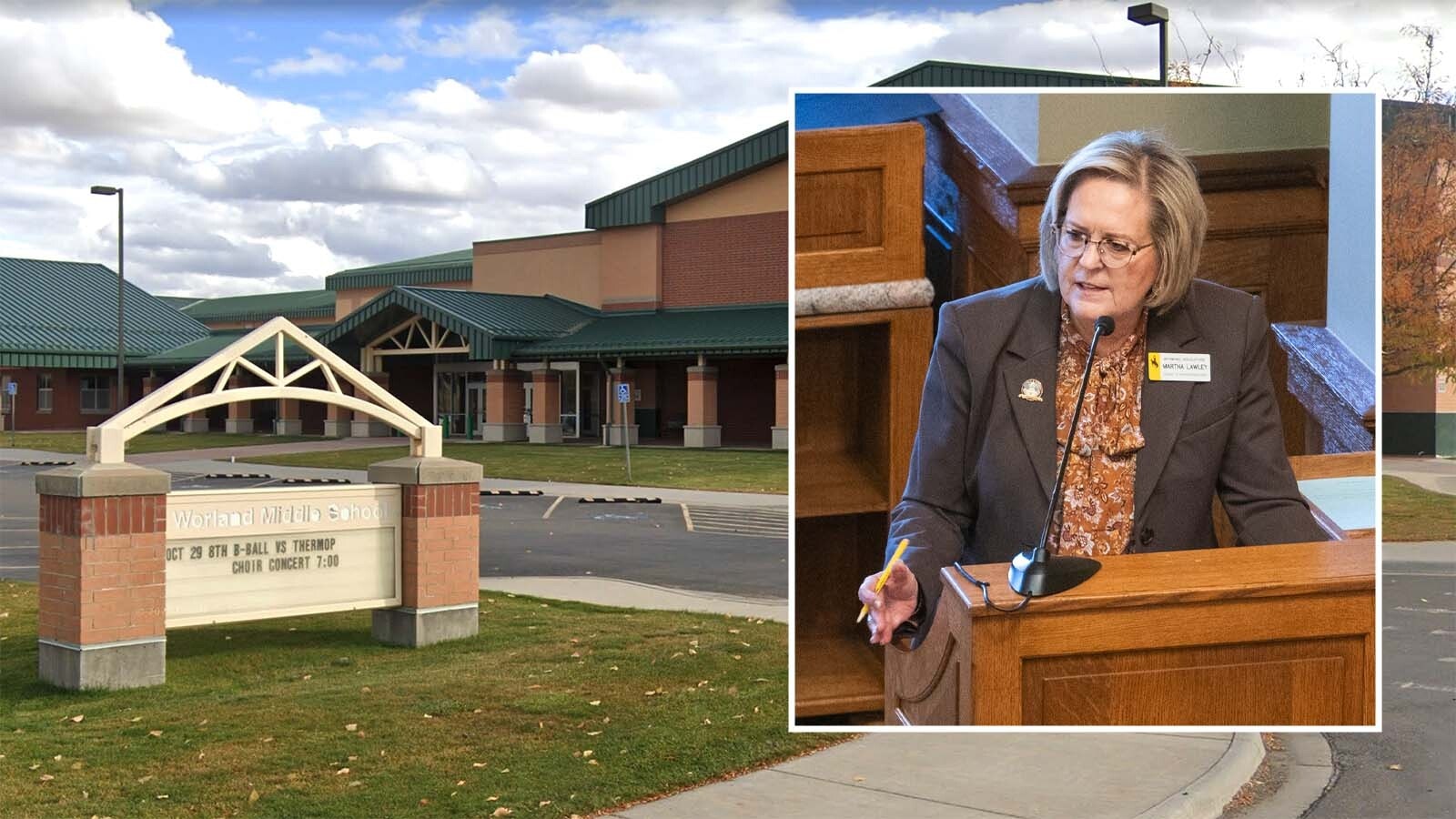Although a recent study showed that the majority of Wyoming teachers surveyed would leave their jobs if they could, a University of Wyoming professor does not think the outlook among teachers statewide is quite that bleak.
The University of Wyoming and Wyoming Education Association partnered to produce a survey that analyzed Wyoming teachers’ intent to leave the profession altogether.
Around 14% of the teachers surveyed said it was likely or very likely they would leave teaching, but more than 65% of the respondents said they wanted to leave.
“They want to leave, but they don’t want to leave,” Mark Perkins, associate professor of educational research, told Cowboy State Daily on Thursday. “The majority of the teachers surveyed said they were proud to be teachers in Wyoming, so this shows they still consider themselves to be teachers but they want to leave because of other, peripheral matters.”
Over 700 teachers responded to the survey, with 70% answering it completely. The survey included more than 260 variables, such as teacher wellbeing, depression and anxiety.
Wyoming is not the only state suffering from a general malaise among teachers. Nationally, teachers have been leaving their jobs in droves, with the COVID-19 being one of the major reasons behind the shift, according to a report from The Hill.
Perkins ran some of the survey data through a processing software more than 15 times in order to confirm what he was seeing from the respondents.
He was not necessarily surprised there was dissatisfaction, but said the high numbers among surveyed teachers was a bit of a shock.
But Perkins noted that the data is only a subset of an entire state’s opinion and added that it is possible the most dissatisfied of teachers might have been more likely to take the survey.
“This is one of those examples where social science research produces ‘Captain Obvious’ results, because we’re seeing teachers aren’t feeling supported in their careers, which then makes them want to leave,” Perkins said. “Of course you’re not going to want to stay in a job where you don’t feel supported and it’s going to affect your mental health.”
Perkins pointed to growing workloads, the stress of assessments and the emotional weight of caring for dozens of children daily as being some of the reasons that teachers are being pushed to their breaking points.
Wyoming Department of Education (WDE) deputy superintendent Chad Auer told Cowboy State Daily on Wednesday that it was alarming to see such high numbers of dissatisfaction among these surveyed educators.
However, he was also grateful for the state-specific data, because it will allow the WDE to better address the issues Wyoming teachers are having.
“We need to have an understanding of what does this attrition look like for us here in Wyoming and what are the underlying factors,” Auer said. “When I look at this report, it is thorough, so I think we can take this data and turn it into dialogues about what Wyoming teachers need, so we can produce results.”
Perkins added that the Wyoming Legislature’s Joint Education Interim Committee recommended a similar survey be distributed among Wyoming educators next year to see how the data compares between the two years.
He recommended that school districts and state legislators focus on policies next session that will decrease heavy workloads, streamline assessments and improve educators’ mental health.
Wyoming Superintendent of Public Instruction candidate Megan Degenfelder told Cowboy State Daily on Thursday that it was the current superintendent’s role to take all of the data and develop regional stakeholder groups to identify which issues exist in individual communities across the state.
“Based on this work, we then begin solving the problem and making recommendations for legislative changes,’ she said. “This effort will take considerable effort and won’t look the same in every community. But we can and we must do the work to ensure we have highly-qualified teachers in the state.”





